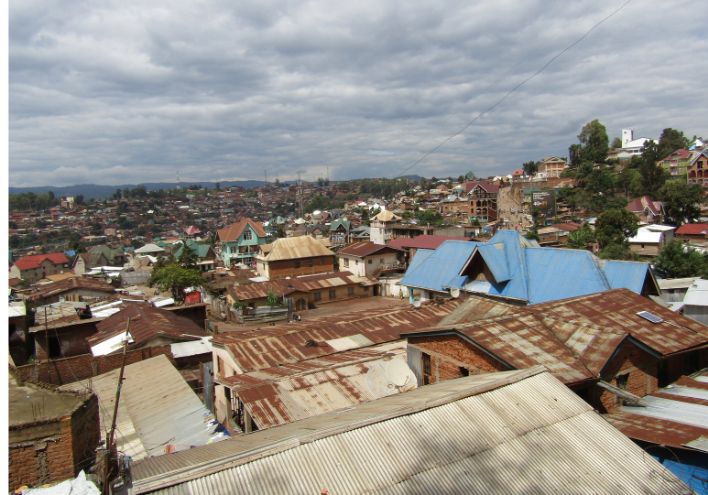Working to Protect the Innocent in Bukavu

![]() Reading time 3 minutes
Reading time 3 minutes
The situation in eastern Democratic Republic of the Congo
The current insecurity in the Democratic Republic of the Congo (DRC) is deeply affecting children, who are witnessing events such as the carrying out of popular justice1.
On the shores of Lake Kivu and close to the Rwandan border, Bukavu2 is a major economic and governmental centre. The predominantly young population earns a living from trade, fishing, and informal activities.
Bukavu is currently the site of armed conflict and suffers from chronic instability, which strongly affects the population due to the occupation by the AFC/M23, a rebel group supported by Rwanda. This occupation has led to increased violence, in particular pillaging and clashes between the AFC/M23 rebels and the Congolese armed forces (FARDC). The people are living in a permanent state of insecurity, with nighttime attacks reported in several neighbourhoods. Crime has also increased.
The war’s effects on children
Children are among the primary victims of the current conflict. Many suffer psychological trauma due to the violence they have seen. Some have been forced to join armed groups, while others have been subjected to sexual violence and some have been summarily executed. In addition, tens of thousands of families have been displaced, disrupting the children’s access to education and healthcare.
This situation has left Bukavu’s population unprotected, and they have therefore turned to popular justice. Because there is no organised penal system, the people, left hopeless, are defending themselves through acts of extreme violence such as summary executions and disproportionately harsh punishment. This cycle of brutality endangers the fundamental values of justice and human dignity.
Children who witness such atrocities grow up with a distorted view of justice and the value of human life. The constant exposure to violence may normalise the use of brutality as a way to resolve conflicts and have negative consequences in the long run. Children who are unaccompanied or whose families are unstable are especially vulnerable and at risk of developing violent behaviours and using drugs or alcohol.
Maintaining connections despite suspended activities
In this time of war, meetings are not being held and activities for Tapori children have been suspended. To maintain our connection with these children, home visits have been organised. During this time, Tapori facilitators are visiting ATD Fourth World members in their homes and encouraging the parents to talk with their children frequently and provide them with appropriate psychological support.
The visits enabled the Tapori facilitators to understand the challenges faced by others in similar situations. This strengthened their empathy toward the families they encountered. It also highlighted the importance of shielding children from scenes of popular justice and avoiding discussions of such matters in their presence.
The silent victims of war
To mend the social fabric and guarantee equal justice, the people’s relationship to justice must be rebuilt by restoring the judicial system, renovating the prisons, and protecting the innocent — in particular children, the primary silent victims of war — and their future.
Raising the international community’s awareness of this problem is key to avoiding a new generation marked by violence and emotional instability. We are all responsible for providing the youngest members of society with a safe and healthy living environment.
By Aganze Arsene

